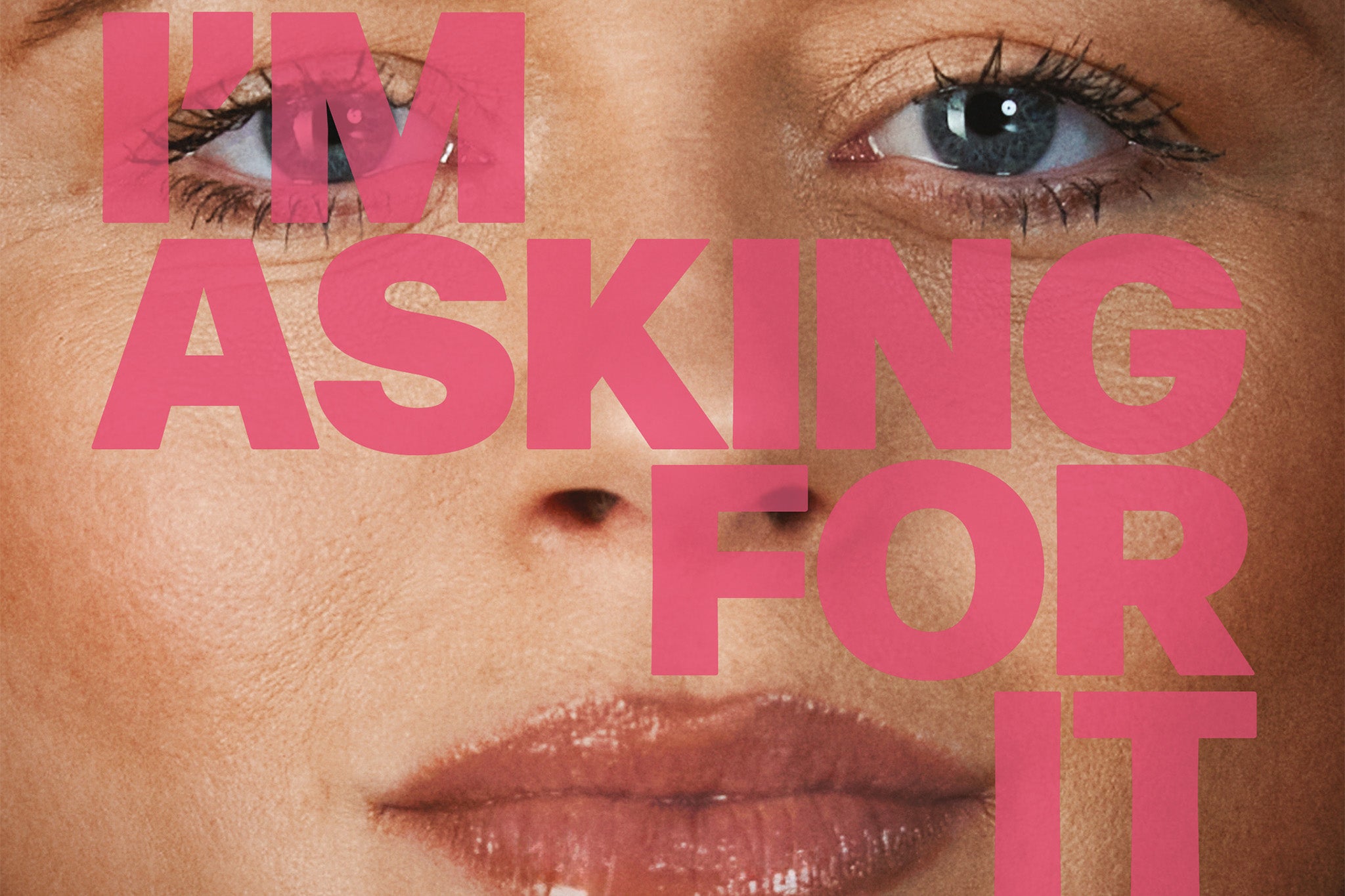‘I’m Asking For It’ is the most offensive sexual assault campaign I’ve ever seen
‘She was asking for it’ is the victim-blaming rally cry of sleazy men the world over, yet a new campaign – which is calling for the law to be changed to incorporate affirmative consent – has decided to take that phrase and run with it. All it will do is cause more hurt, writes survivor Amelia Loulli


I wasn’t “asking for it”. Likewise, the 85,000 other women who experience rape and sexual assault every year in England and Wales weren’t “asking for it” either.
Sexual assault continues to be an overwhelmingly common experience, and more than 99 per cent of rapes reported to the police do not end in a conviction. Do you know why that is? It’s because the defence will often claim the victim was “asking for it” – that something we did, said or wore proves that we were, in some way, to blame for our own assault.
When I first saw the new sexual assault campaign, “I’m asking for it”, backed by Right to Equality, I felt numb. I felt queasy. Embarrassed, even. “She was asking for it” is the victim-blaming rally cry of sleazy men the world over, yet this new campaign – which is calling for the law to be changed to incorporate affirmative consent – has decided to take that phrase and run with it.
Seeing the campaign poster of a young blonde-haired, blue-eyed woman, wearing red lipstick and a Mona Lisa smile with the bold pink words “I’M ASKING FOR IT” emblazoned across her face feels like witnessing a step backwards. Or maybe it’s more of a step sidewards. In any case, it’s a reckless, hurtful step anyway other than forwards. To try and reclaim the victim-blaming language that forms the defence strategy for so many rape cases is a disgustingly, painfully bad move.
This is what the campaign website says about its use of the language:
“We want to stop people in their tracks, get them thinking about how women are often treated by society and the courts – as if they were ‘asking for it’ – and then flip the narrative: Actually, she is asking for legal change.”
Okay, well, I’ll agree, they successfully achieved the first bit. Since the launch of “I’m Asking For It”, I’ve heard from several female friends and fellow survivors who have seen the campaign’s slogan and been stopped in their tracks. All have experienced similar responses: “I feel angry.” “It makes me feel sick.” “I feel violated.”
This isn’t the kind of nausea and anger that come about after seeing something that is working to stir up difficult subjects before “flipping the narrative” to empower victims and call for meaningful change – it’s actively triggering to people.
The words feel familiar; insidious. They feel like a kind of violence themselves. While I understand this campaign is aimed at the general population and hopes to spark positive change, for myself and many women I know, seeing the campaign only hurts.
Perhaps I could forgive the campaign its misguided failure of a slogan if I thought it might actually work. But do I think the people who most have something to learn from this campaign will sit down and spend time on its unimaginative, dryly worded website, with its hot pink and black colour scheme and photos of vaguely cross looking women – their faces and horrendous t-shirts overwhelmed by that awful slogan – in order to learn what affirmative consent means? No.
But do I think the phrase “asking for it” will get thrown around a lot more often in my daughter’s secondary school if the kids there get a look at it? Yes. Yes I do.
The truth is that there are some uses of language which are beyond redemption. Some phrases are so drenched in a particular kind of poison that they cannot be reclaimed. In fact, their use, no matter the context, is triggering for many people. “Asking for it” is one of them. It is a provocation of all the wrong kinds.
But why? A key issue is: what is the “it” the slogan refers to? The meaning is generally ambiguous in terms of the campaign’s intentions, unless you take the time to trawl the website to discover the “it” they are referring to is legal change. But the meaning of “it” is more immediately and accessibly clear for most people in terms of this phrase’s common use.
The phrase “asking for it” nearly always has violent connotations and most often used as a defence against sexual assault: the "it” is rape. Not sex. Not legal change. But rape.
This isn’t something that can be reclaimed as an empowering battle cry – instead it only serves to remind all of us of the insidious prevalence of violence that permeates our society and overwhelmingly endangers the lives of women. I, for one, don’t want this phrase to be “reclaimed” on my behalf. I didn’t ask for that.
Join our commenting forum
Join thought-provoking conversations, follow other Independent readers and see their replies
Comments
Bookmark popover
Removed from bookmarks